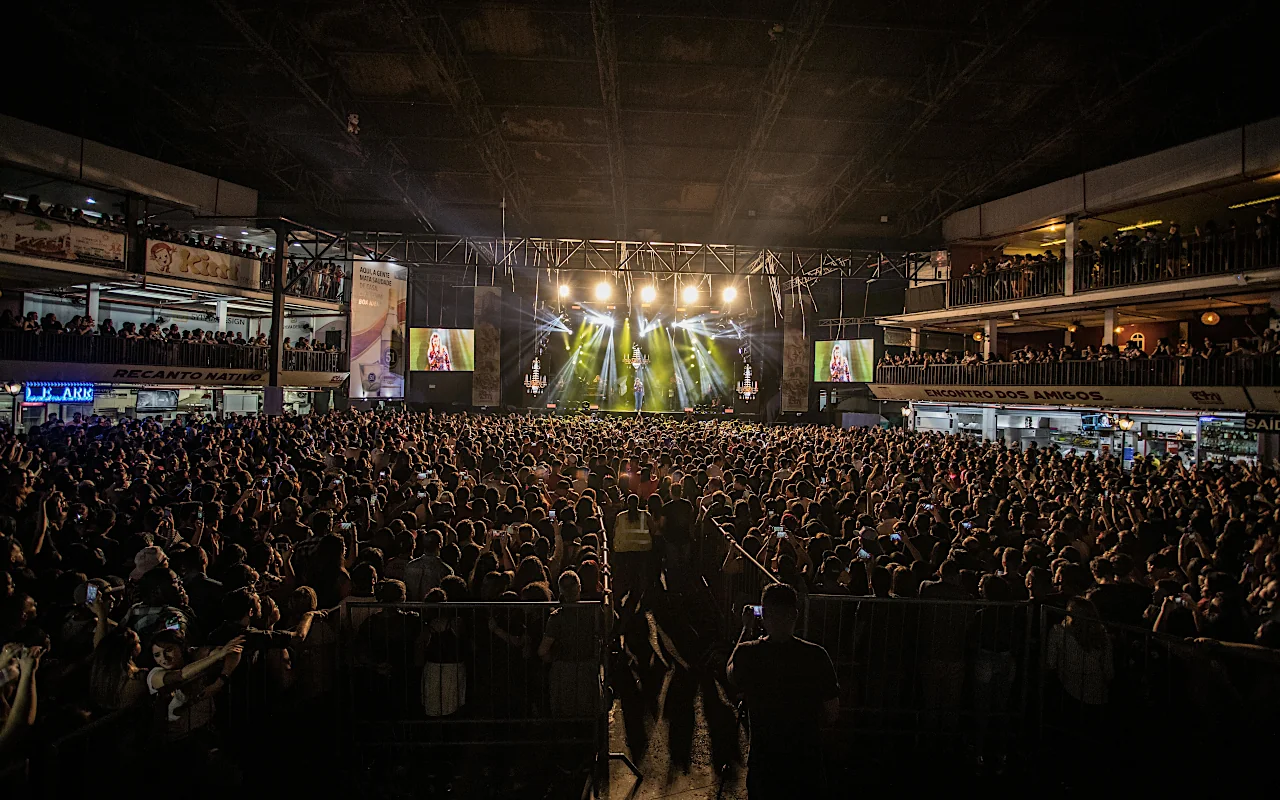
Discover what bias means in K-pop or Korean popular music, explore the depths of K-pop fandom and learn more about biases and their significance in the K-pop community.
- May 24, 2024
AceShowbiz - K-pop, or Korean Pop music, has taken the global music scene by storm, captivating millions of fans with its infectious rhythms, captivating choreography, and charismatic idols. Central to the K-pop fandom experience is the concept of a "bias." But what does bias mean in K-pop, and why is it so significant? This article aims to delve deep into the intricacies of K-pop fandom, exploring the meaning, origin, and impact of biases on fans and idols alike.
Understanding the Concept of 'Bias' in K-pop
Within the K-pop community, the term "bias" holds a special place. In essence, a bias refers to a fan's favorite member within a K-pop group. This person becomes the focus of the fan's attention, admiration, and support. The concept can be likened to having a favorite player on a sports team or a favorite character in a movie series, but with deeper, more emotionally charged connotations specific to fandom culture.
The Origins of the Term 'Bias'
The term "bias" emerged organically from within the K-pop fandom. Although its exact origin is difficult to pinpoint, it likely evolved through fan interactions over the years. Fans necessary to express their preference for one member over others, leading to the casual adoption of "bias" as a defining term. This informal designation has since become widely recognized and accepted across K-pop communities globally.
The Role of Bias in Fandom Dynamics
Fan Engagement and Interaction
Biases play a critical role in fan engagement within the K-pop culture. Fans often express their devotion through various creative means, such as fan art, fan fiction, and social media interactions. For many fans, having a bias enhances their overall K-pop experience, providing a personal touchpoint that deepens their emotional connection to the group and its music.
Supporting Idols and Boosting Popularity
Choosing a bias doesn't just influence personal preference—it has tangible effects on an idol's visibility and career. Fans are more likely to purchase merchandise, attend concerts, and participate in voting events to support their bias. This collective enthusiasm can significantly boost an idol's prominence within the industry, sometimes even determining their future opportunities and career trajectory.
Exploring Different Types of Biases
Main Bias
A fan's primary favorite member within a K-pop group is referred to as their "main bias." This individual holds a special place in the fan's heart, often receiving the majority of their attention and support.
Bias Wrecker
Sometimes, another member within the group catches a fan's eye, causing moments of doubt or wavering loyalty. This member is known as the "bias wrecker." While the fan's main bias remains the favorite, the bias wrecker poses a serious threat to that loyalty by being equally charismatic or talented.
The Emotional Impact of Having a Bias
Creating a Sense of Belonging
For many K-pop fans, having a bias creates a sense of belonging within the larger fandom. It allows fans to connect with others who share similar interests and preferences, fostering a community of like-minded individuals who bond over their shared admiration.
Emotional Investment and Connection
The emotional investment in a bias can be incredibly profound. Fans often feel as though they have a personal connection with their favorite idol, experiencing their successes and challenges vicariously. This deep emotional engagement can significantly impact fans' mental and emotional well-being, both positively and negatively.
Addressing the Challenges of Bias Culture
Over-Identification and Boundaries
One of the challenges within K-pop fandom is the potential for over-identification with biases. Some fans may struggle to maintain healthy boundaries, leading to unrealistic expectations and emotional distress when those expectations are unmet. It is crucial for fans to recognize the difference between admiration and over-attachment.
Fan Wars and Jealousy
Competition within the fandom can sometimes escalate into "fan wars," where supporters of different members or groups engage in aggressive and harmful behaviors. Jealousy and rivalry can create a toxic environment, detracting from the positive aspects of being part of a fan community. Promoting respect and kindness within the fandom is essential to overcoming these challenges.
Conclusion: The Significance of Bias in K-pop Fandom
In understanding what bias means in K-pop, we uncover the multifaceted dimensions of fandom culture. Biases are more than just favorite members—they symbolize the deep emotional connections fans form with their idols. These connections drive engagement, support, and community within the K-pop world, contributing to the vibrant and passionate nature of the fandom.
While biases bring immense joy and a sense of belonging, it is essential to navigate these relationships with care, maintaining healthy boundaries and promoting positive interactions. By doing so, K-pop fans can continue to enjoy and celebrate the music and idols they love, fostering a thriving and supportive global community.









